Generative AI Services Enhancing AI Capabilities with Your Organizational Data
Generate optimal models using high-quality data. The Scale Data Engine leverages your enterprise data, and in conjunction with the generative AI platform, securely unleashes the potential of generative AI.
AI Consulting Services
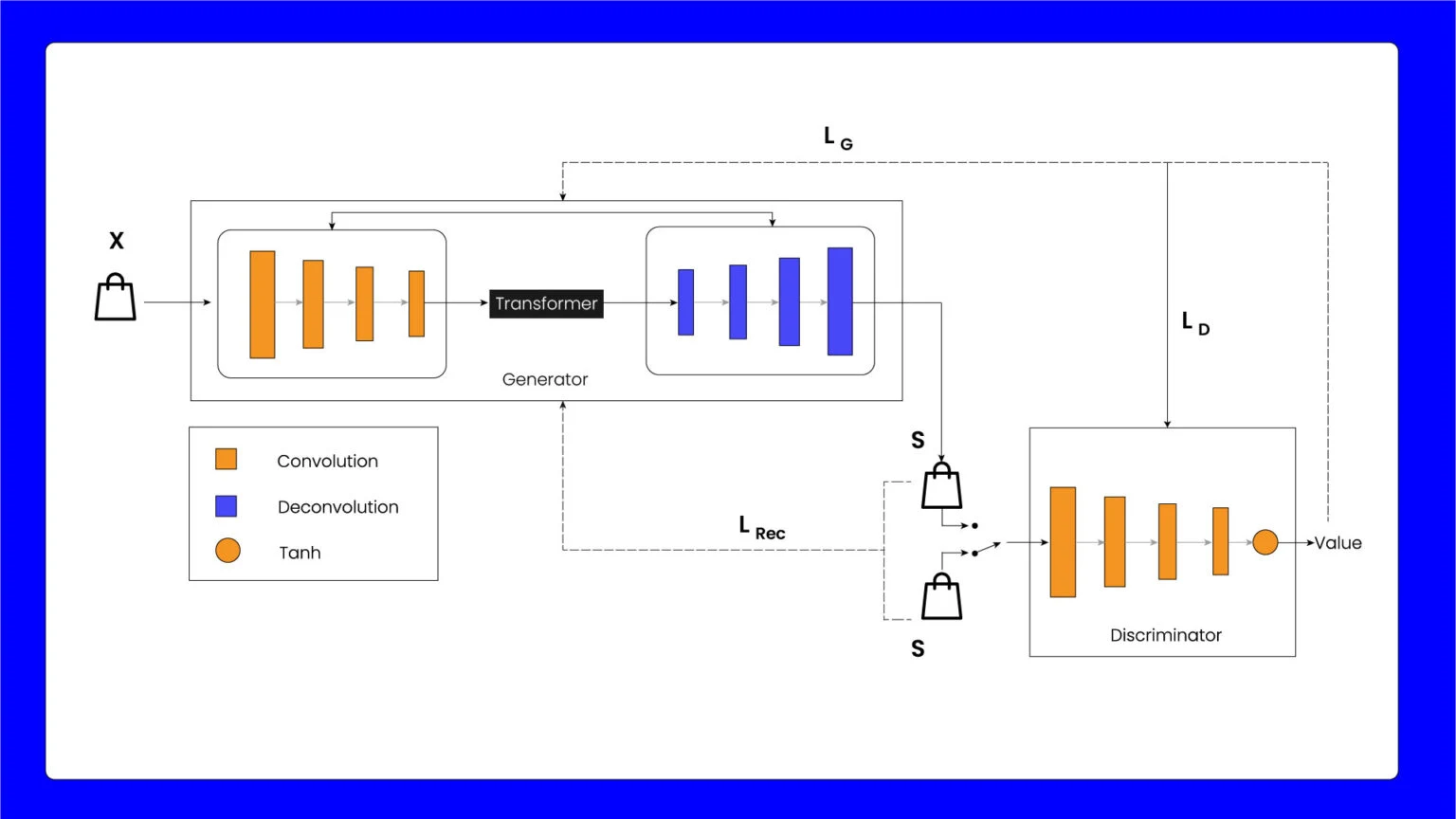
Generative Adversarial Networks (GANs)
Generator: The generator is a neural network that creates fake data resembling real data from random noise. Its goal is to produce outputs that are indistinguishable from genuine data, thereby “fooling” the discriminator.
Discriminator: The discriminator is another neural network that evaluates the authenticity of data, distinguishing between real data and the fake data produced by the generator. Its goal is to accurately identify whether the input data is real or generated.
Together, the generator and discriminator are trained in opposition, improving each other’s performance over time through this adversarial process.
Advanced Generative AI Platform for Enterprise Integration
The generative AI platform is a comprehensive, full-stack solution designed for seamless integration with enterprise data. It facilitates the development and deployment of sophisticated generative AI solutions tailored to specific business needs.
By leveraging state-of-the-art generative models, this platform enables organizations to fully harness the potential of their data, driving innovation and efficiency across various operational processes.
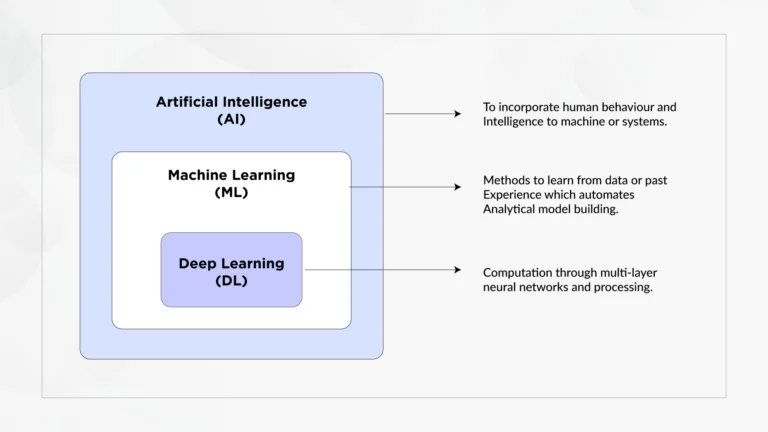
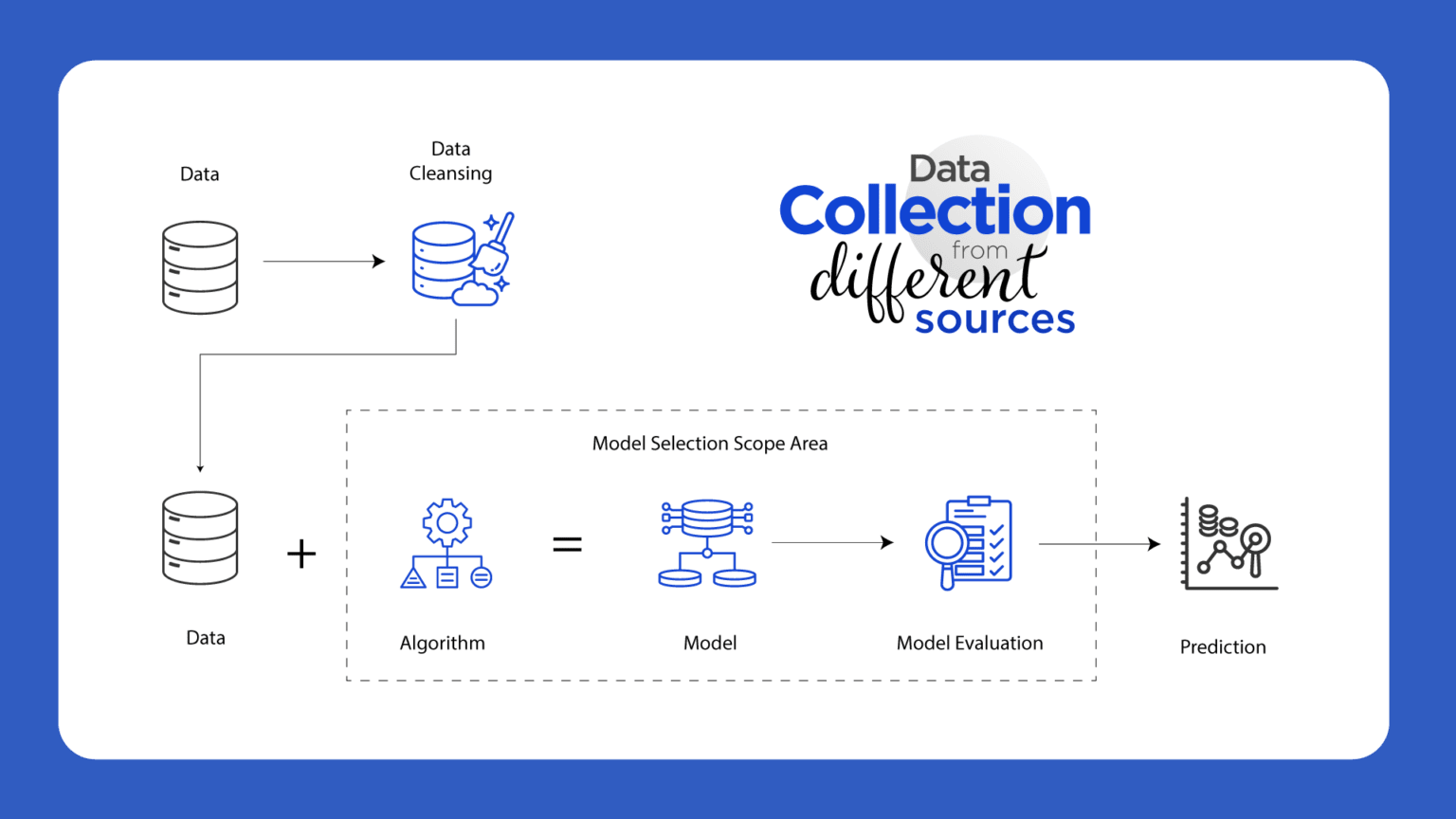
Integration with Leading AI Models
Mobolutions Generative Model Capabilities (Use Cases)
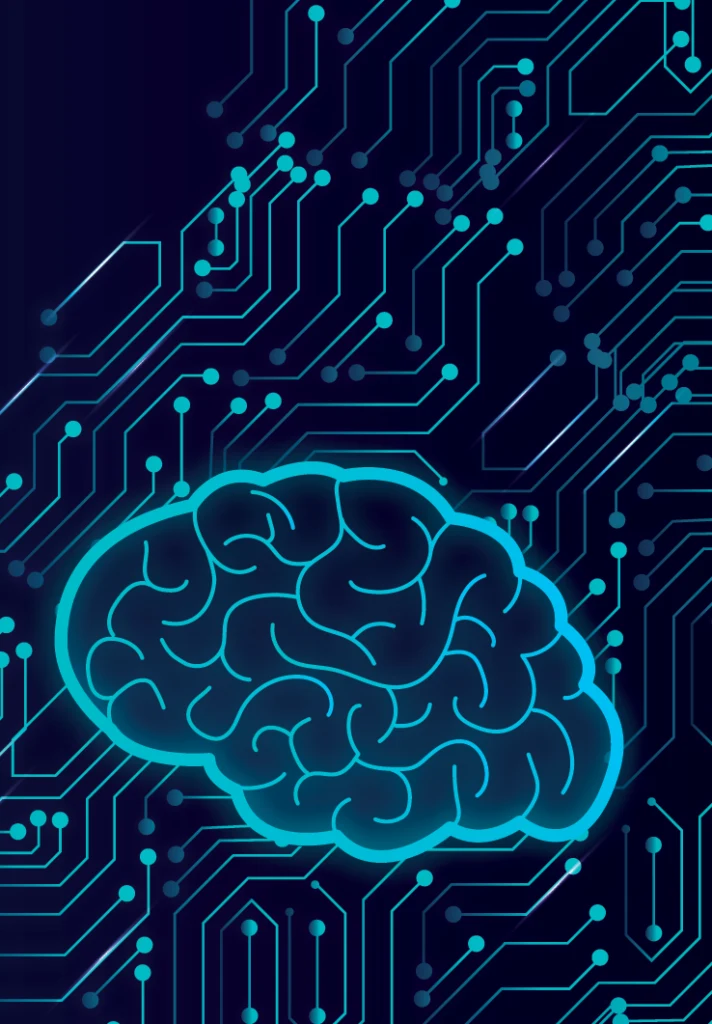
Generative Adversarial Networks (GANs)
Content Generation and Marketing
Generative AI solutions create engaging marketing content, enhancing brand visibility and customer engagement. They generate diverse, high-quality content at scale.
Product Design and Development
Generative models help design and develop new products by creating prototypes, designs, and concepts. They enable faster product iterations and innovation.
Customer Service and Support
Generative AI services enhance customer service through chatbots and virtual assistants. They provide personalized assistance, improving customer experience and satisfaction.
Data Augmentation and Analysis
Generative models generate synthetic data to augment datasets and analyze large datasets to uncover insights. This informs strategic decision-making and business operations.
Personalization and Recommendation Systems
Generative AI solutions personalize user experiences and recommendations by analyzing behavior and preferences. This boosts user engagement and conversion rates.
Risk Management and Prediction
Generative models simulate scenarios and predict outcomes, aiding in risk management and decision-making. They assess investment risks and predict financial trends.
Training and Development
Generative AI services facilitate employee training with interactive simulations and virtual environments. They support learning and skill development across various domains.
Why Choose our AI Model
We are fully capable of integrating all leading LLMs, including GPT-4, ChatGPT, LLaMA 2, FALCON, Mistral 7B, GPT-3, BLOOM, LaMDA, MT-NLG, LLaMA, Stanford Alpaca, FLAN UL2, GATO, Pathways Language Model (PaLM), and Claude. Our expertise ensures seamless implementation, allowing you to leverage the full potential of these advanced AI models to drive innovation and efficiency in your operations. Trust us to provide cutting-edge AI solutions tailored to your specific business needs.
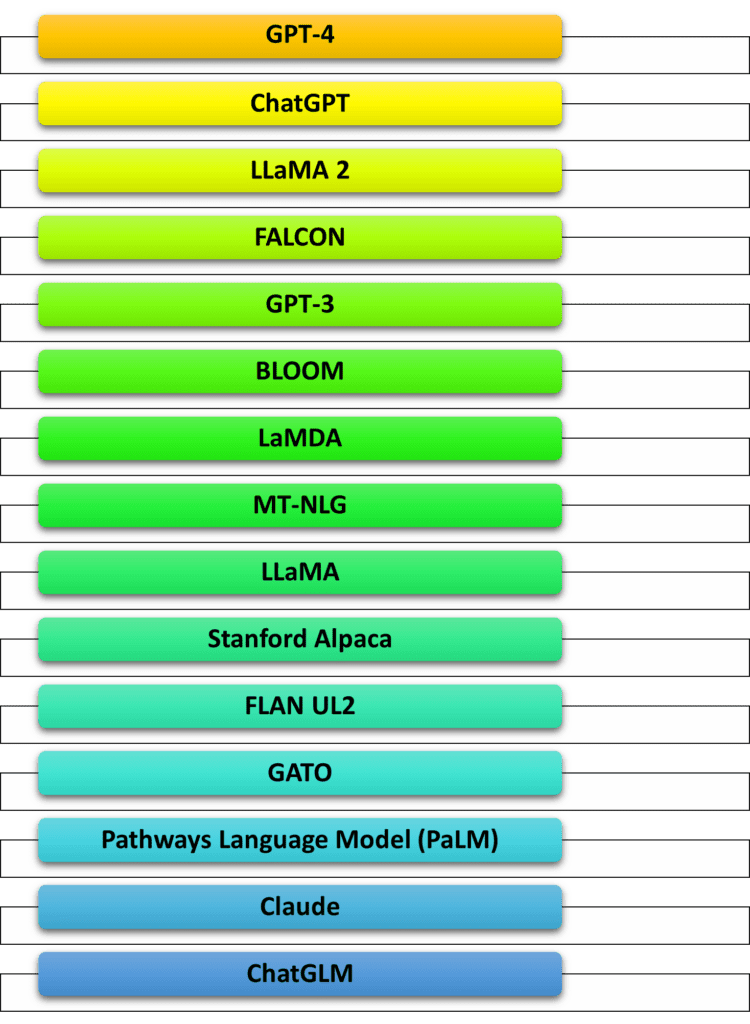
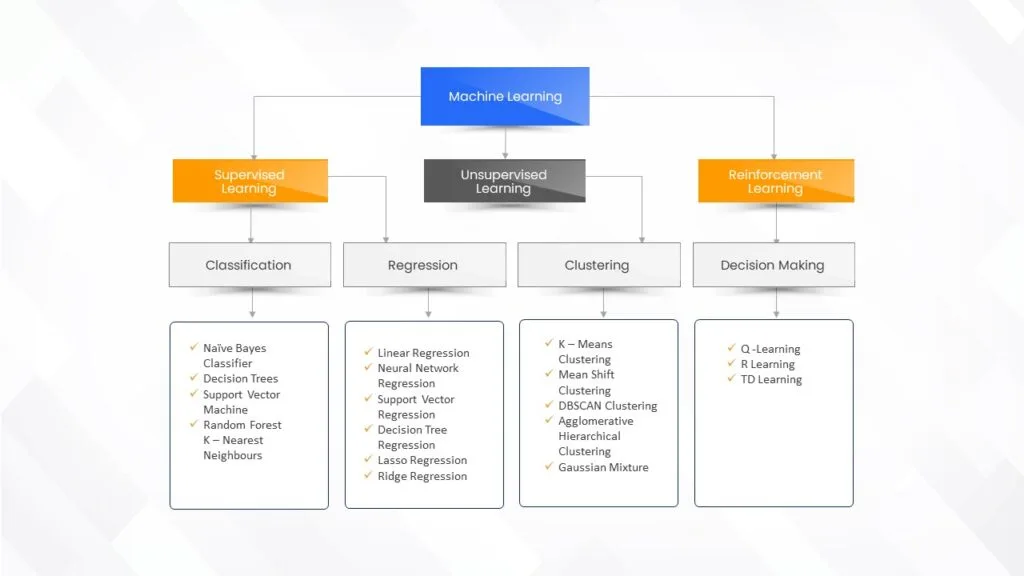
Our AI Model Case Studies
Our in-house LLM model can leverage your organization’s training and offset data into a GAN model,
thereby producing high-quality, real-time insights and predictions tailored to your requirements while reducing entropy.
Product suggestions using AI for Seamless customer experience.
Utilizing AI for product suggestions enhances the customer journey by delivering personalized recommendations based on individual preferences and behaviours. Sophisticated algorithms analyse browsing history, purchase patterns, and user feedback to present relevant product options in real-time.
This level of personalization not only boosts customer satisfaction but also increases engagement and sales. By incorporating AI-driven product suggestions, businesses can create a more intuitive and enjoyable shopping experience, fostering customer loyalty and encouraging repeat business.
Disease predictions using K-cluster means algorithms using Bayesian principles.
Leveraging K-cluster means algorithms alongside Bayesian principles allows for accurate disease predictions. By grouping similar data points and employing probabilistic reasoning, these advanced techniques analyse patient data to identify patterns and predict potential health issues. This method enhances early detection and tailors treatment plans, leading to improved patient outcomes and more efficient healthcare delivery. Incorporating these predictive models into medical practice enables proactive disease management and strengthens public health strategies.
Chat/autobot implementation using latest LLM models.
Integrating chatbots and autobots with the latest large language models (LLMs) transforms customer interaction by delivering highly accurate, context-aware responses. Advanced models like GPT-4 and PaLM 2 excel at understanding and processing natural language, enabling smooth and engaging conversations. They can manage complex queries, provide personalized recommendations, and resolve issues swiftly, thereby enhancing user satisfaction.
Moreover, their ability to learn from interactions ensures continuous improvement in service quality.
Mobolutions Generative Model AI
Why Mobolutions
Our AI solutions can
- Align AI initiatives with business objectives to improve ERP systems.
- Seamlessly integrate AI into ERP systems without disrupting core operations.
- Enhance data quality and accessibility through AI.
- Use predictive analytics for better decision-making and agility.
- Use AI to optimize ERP processes in finance, HR, and supply chain management.
- Tackle technical and ethical challenges related to AI, including data privacy.
- Measure and boost ROI from AI implementations.
- Drive innovation with AI for new business models and strategies.
- Train your workforce to adapt to an AI-enhanced ERP environment.
- Keep abreast of AI advancements and emerging trends in ERP.
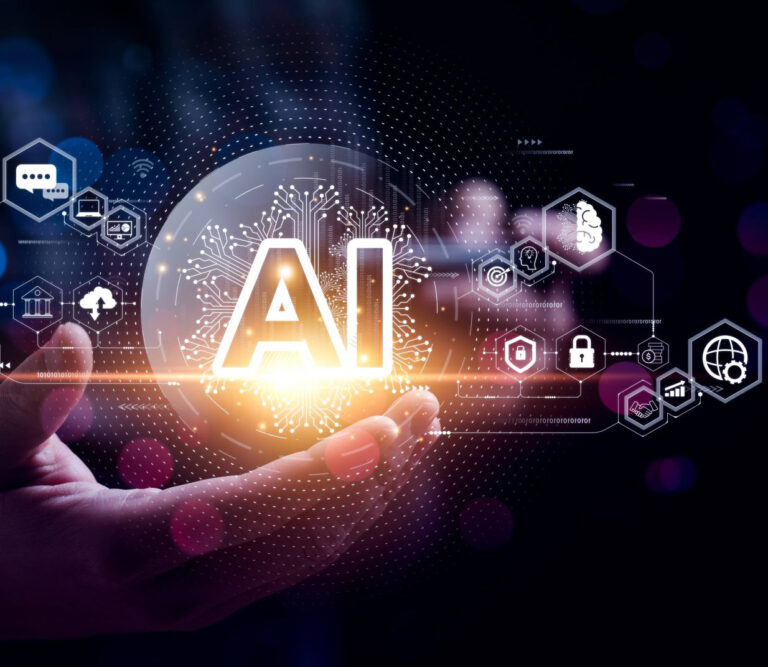
Our Latest Digital Insights

The Rise of Smart Subscription Management Imagine this: […]

Improve Cash Flow and Collection Efficiency with SAP’s […]

Unlocking Intelligent, Scalable, and Compliant Data Operations In […]

Navigating Data Complexity with a Unified Intelligence Platform […]

How SAP Convergent Mediation Helps Ensure Billing Accuracy […]

Empowering Enterprises to Transform Raw Data into Strategic […]
Want to talk to our experts ?
- Have queries regarding our services?
- Need expert help for your enterprise?
- Need a demo?
- Feel free to get in touch with our experts for any help. They are ready to assist you.



